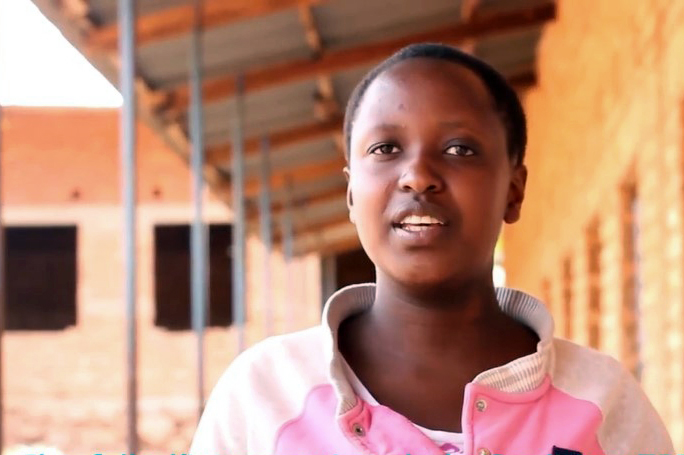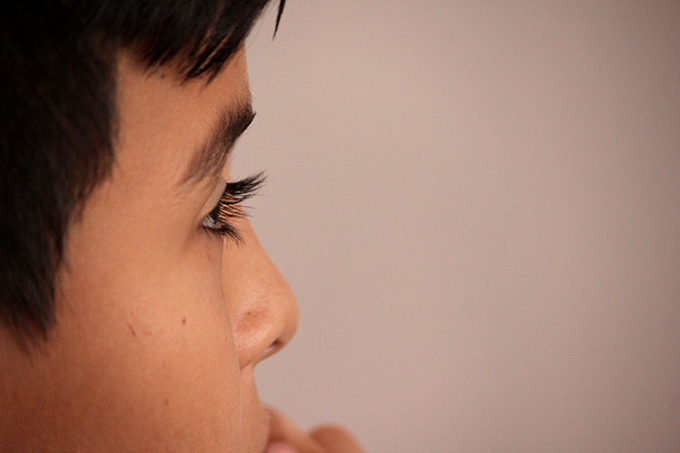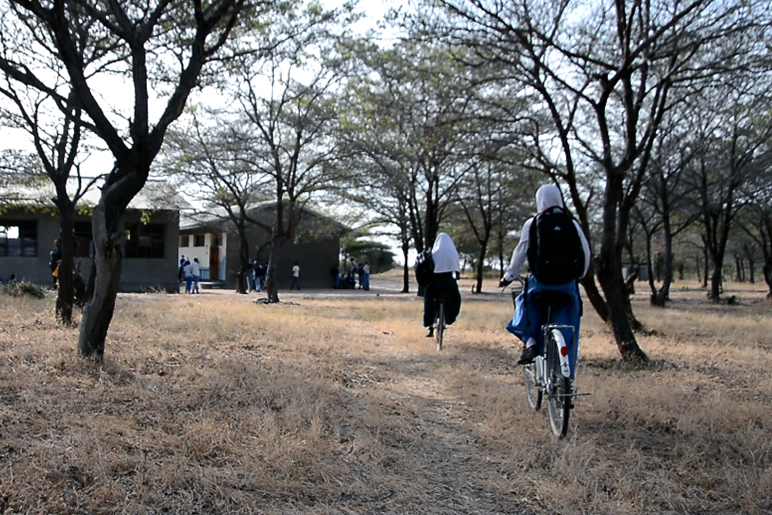Story of change: How a piece of paper can shape your life
In Gitega province of Burundi, Ornella, an 18-year-old girl is struggling to stay in school and access higher education. Ornella comes from a single parent home and was raised by her mother. Ornella’s father, the only person who could legally register her birth, never did and died before he could provide the necessary administrative documents to his daughter.
Facts
The BAFASHEBIGE coalition is active in all provinces of the country.
It has branches led by provincial committees in all 18 provinces of the country as well as consultation frameworks in 5 regions, namely the West, East, Centre, South and North.
BAFASHEBIGE has put together this video about their work.
Website: www.bafashebige.org
Facebook: Coalition Burundaise EPT Bafashebige
Consequently, Ornella has grown up without a birth certificate, which proved to be a serious handicap as she progressed in school and needed to register for public state examinations. Indeed, the state requires applicants to register with their complete records including birth certificates.
Ornella’s story is unfortunately not an isolated case in Burundi.
Lack of certificate can destroy your chance of education
“In Burundi you need a birth certificate to enrol in school. You need it to register for exams, you need it to apply for secondary education and tertiary education. We know this. But still we have no systems in place to secure birth certificates for those thousands of children who are not registered by their fathers at birth," says Dénise Kadondo, the national coordinator of BAFASHEBIGE, an Education Out Loud partner that operates in Gitega.
“During a study to produce a database on marginalised and vulnerable groups in the regions with high dropout rates, we noticed something that we had not perceived before: many children of unknown fathers have difficulty getting access to higher education due to lack of birth certificates and end up leaving school," says Dénise Kadondo and continues:
"Thanks to Education Out Loud funding and to the new intervention approach, the Coalition has been able to decentralise its activities to the community level. Now, CSO members are advocating with the beneficiaries and Ornella can get the needed support…but many other children who face this situation drop out and are enrolled in child labour, early marriage; they are being abused and raped and as a result more children of unknown fathers are being born to replicate the same tendency. It is like a circle."
How civil society can make a change
Thankfully, the coalition is part of the regional consultation framework where they can present the issue and their subsequent actions and interventions to the governors of Gitega, Mwaro, Muramvya and Karusi provinces, as well as the education officials in these provinces.
For this reason, parents and community members come to request their intervention more often and are aware of their role in the integration of the vulnerable, especially in terms of their right to education. It is during these interactions with our beneficiaries in the region that we were informed of the challenge faced by Ornella, a brilliant student who was refused access to higher education by the provincial education authorities, Dénise Kadondo reports.
Through its interventions and advocacy carried out within the regional consultation framework in the central region, the Coalition Education for All, BAFASHEBIGE, has been able to provide a documentation for administrative purposes to be added to the Ornella’s school file to give her access to the class and write the exam.
She has now graduated but the battle continues as the document is temporary and she will now need to request for her high school certificate, still without her birth certificate and register for her tertiary education.
We need to change the law
“Getting Ornella to pursue her studies has been and is still a process. The fact that the law requires her to have a birth certificate to further her studies is a real challenge and this requirement cannot be dodged forever. Ornella is now 18 and can appeal at the court to be given her right to be registered and provided with the necessary documents as a citizen of Burundi. The coalition will support her through this process,” says Dénise Kandondo.
"This story could help prevent and fight this kind of problem that other children born or to be born in situations like mine may face," stated Ornella when sharing her views.
This wish seems to take form as her fight enabled other girls in her community who had dropped out of school due to unwanted pregnancies to seek help and guidance from the Coalition with their parents.
“We now have more testimonies of children facing these challenges at school. They are being marginalised at school, mocked by school mates and denied access to higher education by local authorities due to this policy. So, we will advocate for the amendment of this law allowing only fathers to register their children at the registry of births and of the policy for school registrations,” declared Dénise Kandondo.
Still a lot to do
It is worth noting that the coalition space for advocacy efforts has recently been enlarged. While implementing their project under EOL Operational Component 1, the coalition gained the Ministry of Education’s trust, and was given a strategic space as a key partner in educational policymaking.
The coalition has now been integrated into the education planning process. This has enabled them already to advocate to the government to put in place clear texts for the preservation of free education, especially against privatisation, through a regional platform for the fight against privatisation of education in which the coalition sits as a member. Despite important successes, there are challenges ahead.
Unfortunately, according to Dénise Kandondo, most of the time young mothers do hide to the society that their children are not recognised by their fathers, in an attempt to avoid stigma. And this goes against the children who can attend elementary and barely secondary school without proper documentation but are required to present their birth certificates at the signor high school and tertiary levels. That is when children in such cases drop out from school. We will need to also advocate for a change in behaviours.
"The issue is not considered as a problem here. Not much attention is given to it although it is the cause of many dropouts. The case of Ornella will bring light to the issue faced by children of unknown fathers and as we advocate for this policy review and sensitise for a change of behaviour especially in the communities, we expect that the attention of other stakeholders to also be retained on this issue,” noted Dénise Kandondo.


